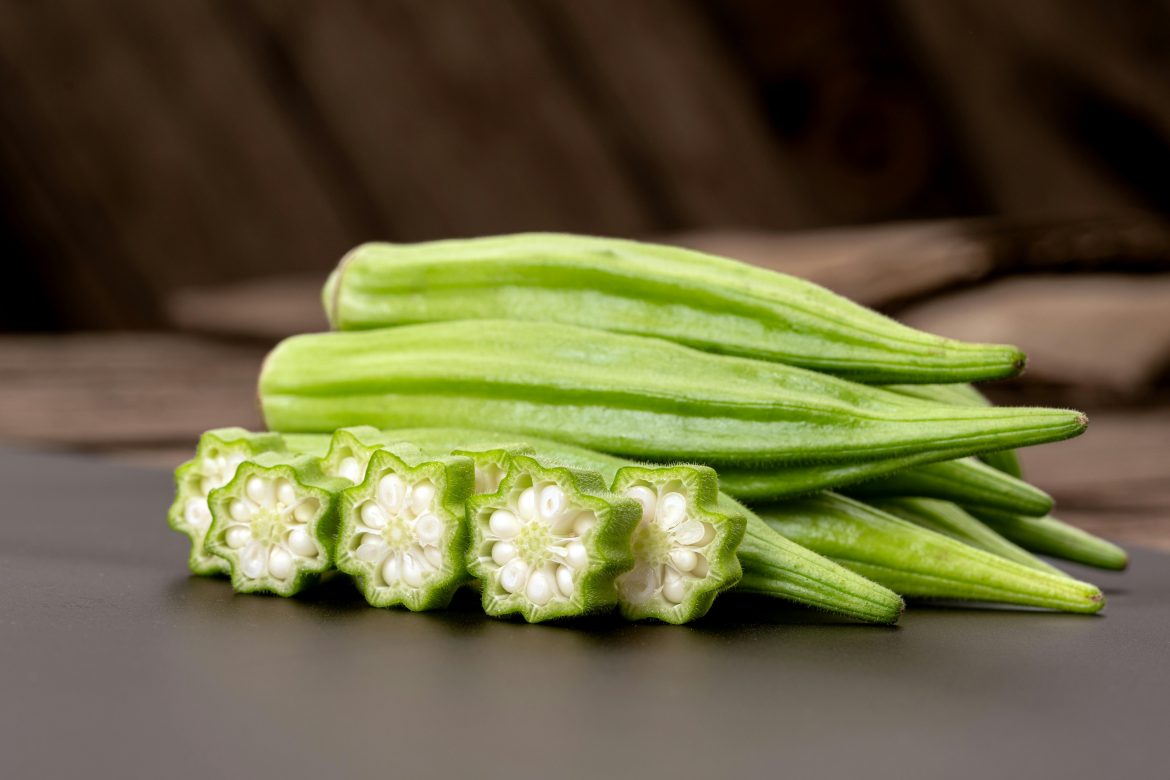Okra, also known as lady’s fingers, is gaining popularity among home gardeners and food lovers alike. Celebrated for its numerous health benefits and culinary adaptability, this warm-weather crop brings more than just beauty to the garden. From supporting gut health to attracting vital pollinators, okra is a quiet powerhouse of nutrition, biodiversity and flavour.
ALSO SEE: The health benefits of pumpkin leaves and how to cook them
A low-maintenance, high-reward crop
One of okra’s greatest advantages is how easily it grows in warm climates. Requiring little beyond regular watering, full sun and well-drained soil, it’s an ideal crop for beginner and seasoned gardeners alike. Once established, the plant produces pods rapidly throughout the summer months. Its resilience and minimal care requirements make it a dependable addition to any food garden.
Packed with nutrition
Rich in fibre, vitamins C and K, and loaded with antioxidants, okra is a smart addition to any diet. Its mucilage — the gel-like substance inside the pod — is what gives okra its slightly slippery texture when cooked, but also contributes to improved digestion. Regular consumption of okra has been associated with better gut health, reduced inflammation and lower risk of certain cancers, including colorectal cancer. Whether boiled, grilled or roasted, it retains much of its nutritional value, especially when cooked lightly.
A versatile ingredient for inventive cooking
In the kitchen, okra is nothing short of a culinary chameleon. It enhances both meat-based and plant-based meals with its subtle flavour and unique texture. Popular across many cuisines, it can be fried, stewed, grilled, pickled or even added to tomato-based sauces for a touch of earthiness. Creative dishes like curried okra, okra fritters or chickpea and okra stew offer countless ways to use this ingredient. In some households, infusing okra in water has also become a traditional remedy for hydration and digestion.
Attracts bees, butterflies and biodiversity
Beyond its benefits on the plate, okra plays an important ecological role in your garden. The plant produces pale yellow flowers with delicate red centres that are highly attractive to bees and butterflies. These nectar-rich blooms help draw pollinators into your space, encouraging cross-pollination not only within your okra patch but across your entire garden. The result is healthier plants, improved yields, and a more vibrant and biodiverse environment.
A crop that connects and inspires
Perhaps one of the more surprising benefits of growing okra is its ability to bring people together. Whether it’s swapping recipe ideas with neighbours or introducing others to its unique texture and flavour, okra is a vegetable that invites conversation and experimentation. It builds a connection between garden and kitchen, nature and nourishment.
In growing okra, you’re nurturing more than a plant. You’re cultivating a healthier diet, a more biodiverse garden, and a deeper relationship with your food.
ALSO SEE:
Featured Image: Pexels
A version of this article was first written by Thimna Matika for Garden&Home.

